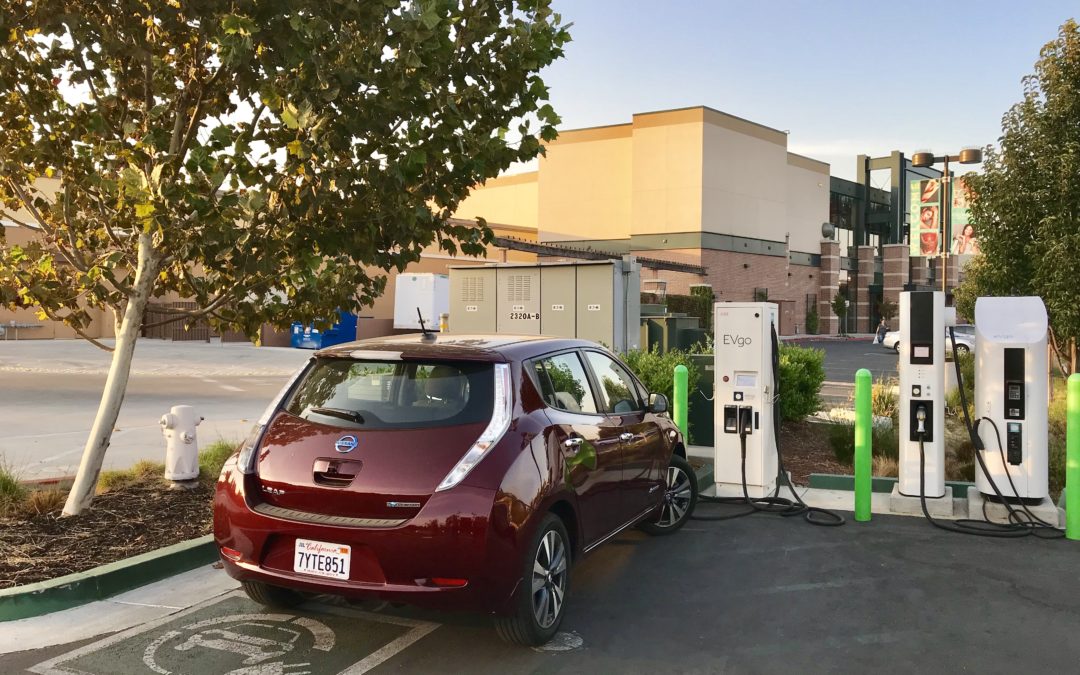My view is that it does not, because of some technology advances. The figure seems scary and likely will be used by EV skeptics to oppose using public money to fund charging installations. The figure comes from a recent CEC report that looked into the requirements to support a fleet of 8 million EVs in the state by 2030. There is no doubt that more charging stations will be needed, but what kind of stations? The report looks only at the current crop of available chargers and focuses on Level 2 chargers (220 V, giving a 150-mile charge overnight) and 50-100 kWh/hour Direct Current Fast Chargers that provide a full charge in an hour or a bit more. This approach overlooks the significant progress toward even faster chargers, with some claims of being able to deliver a full charge in 5-10 minutes. Porsche has a new 800-volt fast charger it claims will operate at 350 kWh/hour. Changes to batteries will also be needed to reach extremely fast charging rates, but these too are happening.
These technology developments raise the question whether most of the charging in terms of kWh delivered will continue to happen at home, at parking lots at work, and at retail store lots, or if the equivalent of filling stations will arise. If they do, then the number of charging locations would be drastically reduced. The existing fleet of 275 million light ICE vehicles on the road today in the US are refueled by only 111,000 filling stations, with a refill taking only 5-7 minutes. About 16,000 of these are in California.
While some have assumed people would rather recharge at home, if that only provides an added 100-150 miles in range, then people would likely prefer the convenience of a central filling station that could add 300-500 miles of range in a short time. There are still concerns about how to prevent an 8-slot, extremely fast charging station from melting down the distribution grid to deliver the power, those too are being worked on.
Keep an eye on updates of this assessment and see if in fact the extremely fast chargers change the picture over time.

ABOUT THE AUTHOR
Gary Simon is the Chair of CleanStart’s Board. A seasoned energy executive and entrepreneur with 45 years of experience in business, government, and non-profits.
CleanStart Sponsors
Weintraub | Tobin, BlueTech Valley, Revrnt,
Moss Adams, PowerSoft.biz, Greenberg Traurig, Momentum,
College of Engineering & Computer Science at Sacramento State


